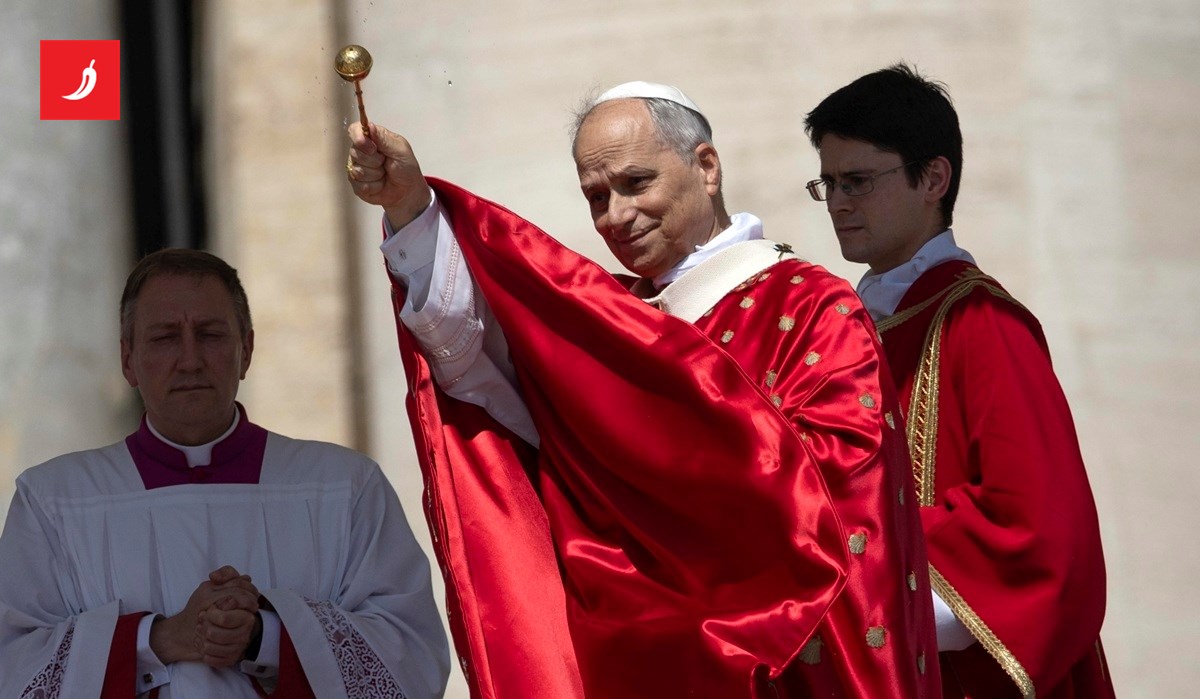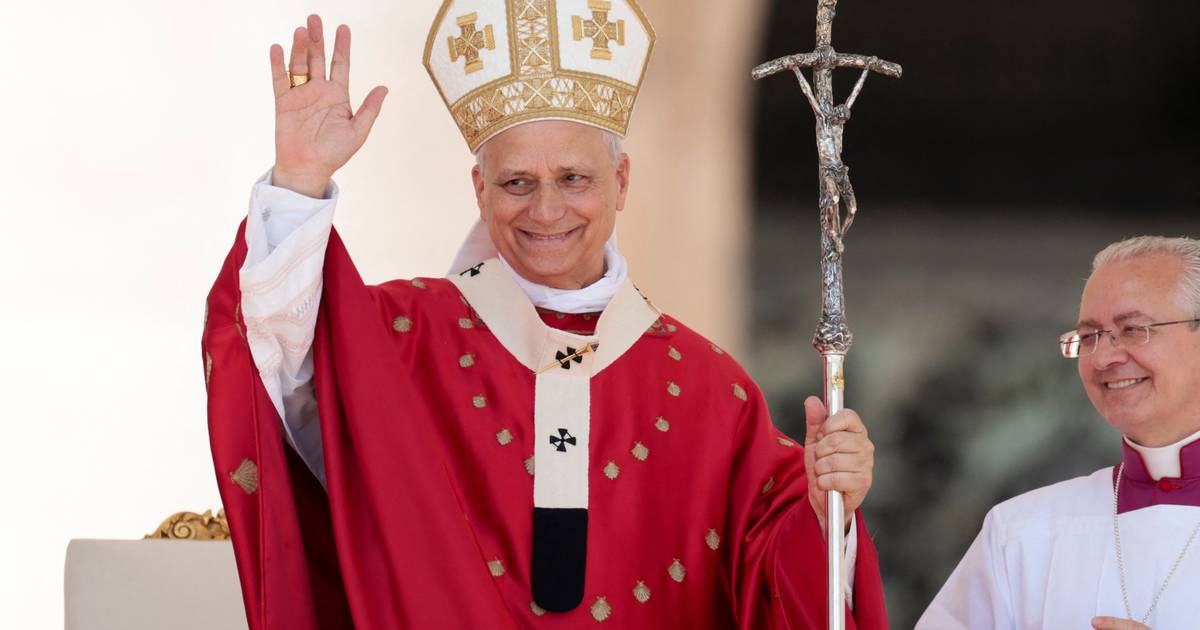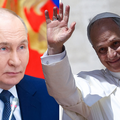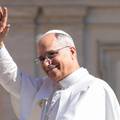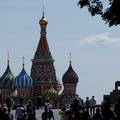Pope Leo XIV, the first pope from the United States, criticized nationalist political movements during a mass at St. Peter’s Square, calling them sad, although he did not name any specific country or leader. He called for opening borders, tearing down walls, and eliminating prejudice and hatred. Before becoming pope, as Cardinal Robert Prevost, he was critical of US President Donald Trump, and the Vatican has not yet confirmed ownership of his Twitter profile. Pope Francis, his predecessor, was also a sharp critic of Trump’s policies, especially regarding immigration.
Political Perspectives:
Left: Left-leaning outlets emphasize Pope Leo XIV’s criticism of nationalist politics as a call for inclusivity, openness, and humanitarian values. They highlight his condemnation of prejudice and walls that divide people, framing his message as a progressive stance against rising nationalism and xenophobia. The criticism of former US President Donald Trump is also noted as part of a broader rejection of right-wing nationalist policies.
Center: Centrist sources report Pope Leo XIV’s statements factually, focusing on his call to open borders and reject prejudice without strongly aligning with any political ideology. They note his background as a critic of Donald Trump but maintain a neutral tone, presenting the pope’s message as a spiritual and moral appeal rather than a political one.
Right: Right-leaning media may downplay the pope’s criticism or frame it as a general moral statement without direct political implications. Some may emphasize the pope’s avoidance of naming specific countries or leaders, suggesting a cautious approach. The criticism of Trump might be viewed as controversial or politically motivated, and the focus may be on the pope’s role as a religious leader rather than a political commentator.





